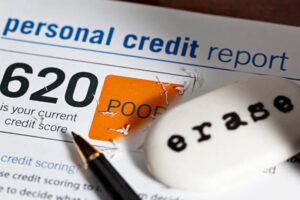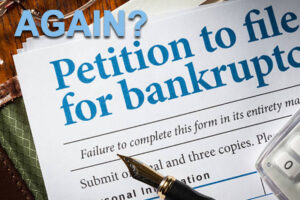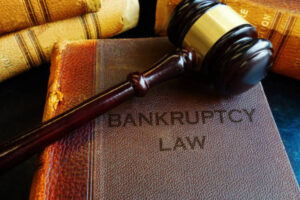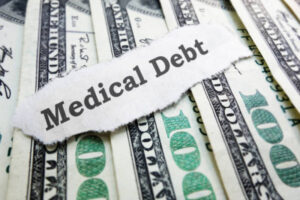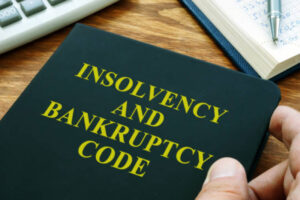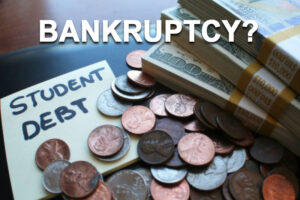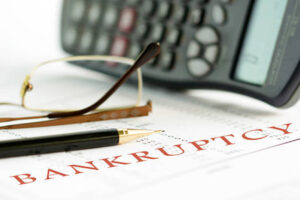The most immediate downside of bankruptcy is the damage done to your credit score. Filing for bankruptcy will have a negative effect on your credit for seven to ten years. That means that a potential lender will be hesitant to give you credit again.
Additionally, many credit card companies automatically cancel credit cards, making it difficult to get new ones.
You can still apply for a credit card and get a loan after you file for bankruptcy.
However, lenders are going to be wary of people with bankruptcy information on their credit reports. They may offer you a credit card with higher interest rates than you originally agreed upon.
Another disadvantage of bankruptcy is the fact that certain debts cannot be discharged. Alimony and back child support are non-dischargeable debts. Tax debts can also be non-dischargeable depending on what type of tax debt they are.
In addition to the negative effects on your credit, you may find it difficult to qualify for any type of credit in the future. As a result, you may have to delay making major purchases for a long time.
A bankruptcy filing will entail selling off non-exempt assets, and your co-signers will be on the hook for that debt as well. And, you’ll be able to file a Chapter 7 only once every eight years.
Filing for bankruptcy is a last resort for those who can’t pay their bills and need a fresh start.
While this method may be the best way to get a fresh start financially, it’s important to consult with an experienced insolvency practitioner before filing for bankruptcy.
The financial consequences of bankruptcy can be severe, so if you decide to file for bankruptcy, make sure you consider all of your options.
For people who don’t have enough money to repay their debts, a Chapter 7 bankruptcy is the fastest way to get your debts discharged. Filing under this category will take three to five months, depending on the circumstances.
It is also important to note that Chapter 7 bankruptcy doesn’t work for everyone.
People can keep their personal property that is exempt from liquidation under Chapter 13 bankruptcy. Exemptions differ by state. In some states, people who choose to file under Chapter 13 bankruptcy can keep some home equity.
Another major downside to filing for bankruptcy is that it may have a negative impact on your family and relationships. Many families have been broken apart and ruined as a result of bankruptcies.
Filing for bankruptcy should be your last resort. In the long run, bankruptcy can have serious consequences, so it is crucial to weigh the pros and cons of filing before making a decision.
The pros and cons of filing for bankruptcy are many and can vary depending on your situation. Be sure to consult a professional insolvency practitioner or a lawyer before you file for bankruptcy.
If you can’t afford a professional, you may be better off seeking advice from a financial expert.
Disclaimer: The information provided in this article is for educational and informational purposes only and should not be construed as financial, legal, or professional advice. While efforts are made to ensure accuracy, the content may not reflect the most current legal or financial developments. No representations or warranties are made about the completeness, reliability, or accuracy of this information. Results may vary. Using any information provided is solely at your own risk. Consult with a financial advisor or attorney for specific advice tailored to your situation.


